
pixabay.com
Advertisements
Kidneys are one of those body parts that most people don’t think about until something goes wrong. Kidneys are actually very important. They remove waste and toxins from the blood.
They clean about 200 quarts a day and remove about 2 quarts that you then pee out. Kidney also help to regulate blood pressure, increase red blood cell productions, and synthesize vitamin D.
Cleansing kidneys is a popular method of keeping kidney healthy. We’ll discuss nine different herbs that are used for kidney cleansing and give you a freebie in the conclusion. Number three is common in flower arrangements.
Who knew it could help with kidney stones. Number five is not only incredibly healthy but is a versatile vegetable in the kitchen.
1. Chanca Piedra
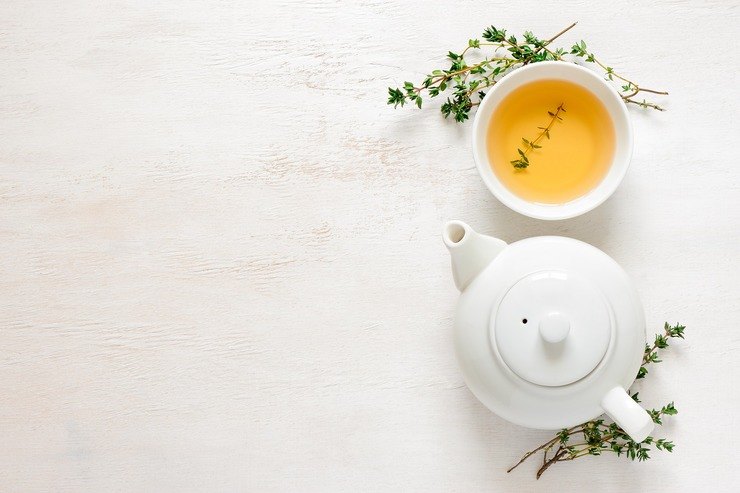
pixabay.com
Chanca Piedra is a South American herb with clinicaltrialsthat support the claims. “Stone breaker” is thought to help with kidney stones. Whether it relaxes the urethra, washes out stone fragments, or increases passing of calcium is unknown. However, it does appear to work.
Most people take chanca piedra as a tea. It is thought to be generallysafe.
2. Goldenrod
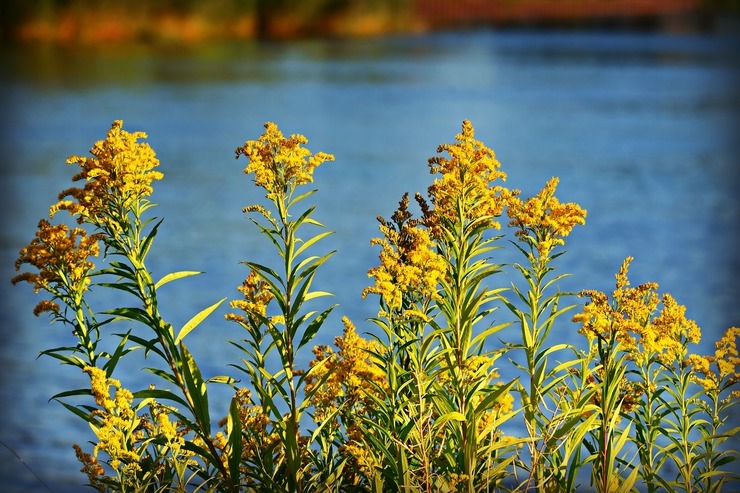
pixabay.com
Goldenrod is used to tone the urinary tract and detoxify the kidneys. Clinicaltrialsin animals suggest that goldenrod may reduce inflammation and fight infections, and is a diuretic.
The effective plants include Solidago species, not Verbascum densiflorum. If you areallergicto ragweed, chrysanthemums, marigolds and others, you should avoid taking goldenrod.
Goldenrod is often taken as a tea or tincture.
3. Hydrangea Root
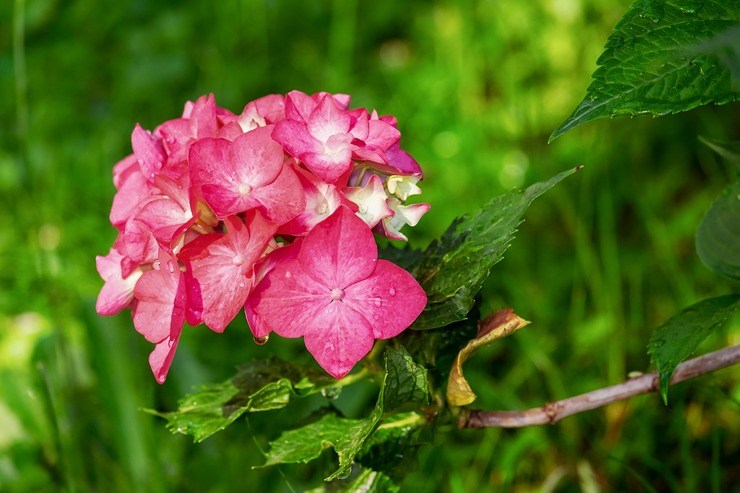
pixabay.com
Hydrangea root is a solvent and may smooth the ragged edges of kidney stones and also helps the body use calcium properly. There are ongoingtrialson the efficacy of hydrangea root and autoimmune diseases, diabetes, and arthritis. Hydrangea root is commonly available as tinctures or dried roots in capsules.
It is thought to besafeto take for a few days, but not long term. The dosage should be less than 2 grams at a time.
4. Horsetail
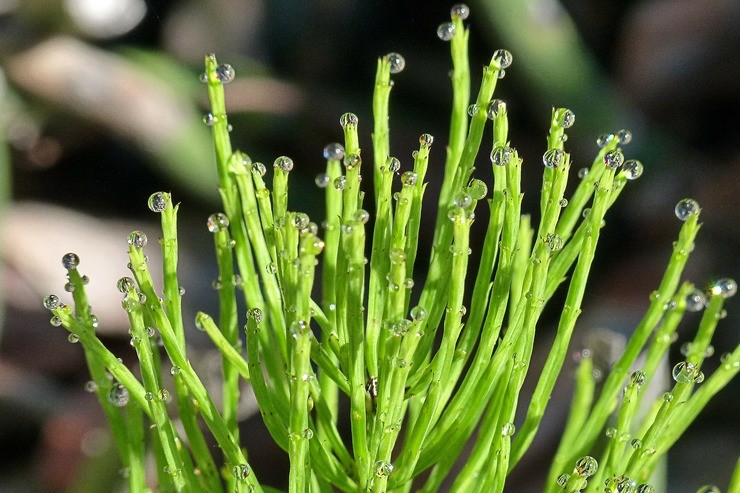
pixabay.com
Horsetail is a diuretic and antioxidant. Horsetail is known to reduce edema, reduce bladder and kidney stones, help with incontinence and cure UTIs. It may be helpful to support the kidneys. It is generally taken as a tea or capsule.
Horsetail contains a chemical calledthiaminasethat breaks down the vitamin thiamine. Extended use may lead to thiamine deficiency. Make sure that the horsetail comes fromEquisetum arvense, Equisetum hyemale,orEquisetum telmateia.Equisetum palustreis known to be toxic to cattle.
5. Celery Root
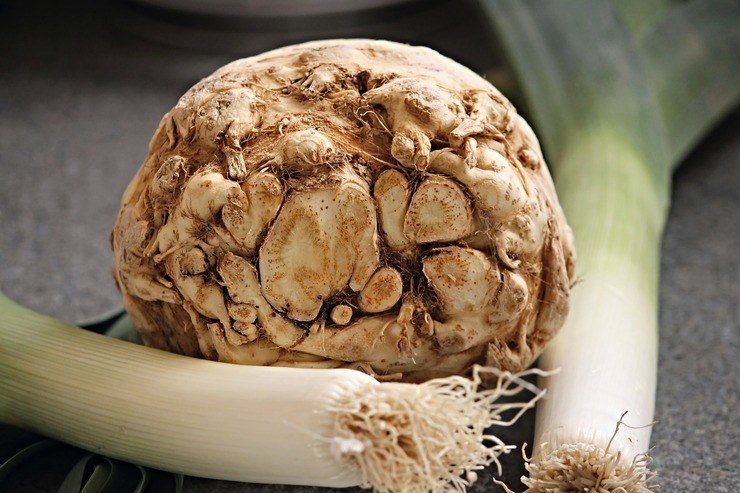
pixabay.com
Advertisements
Celery seeds and celery root (celeriac) are diuretics. Diuretics may help flush out kidney and celery root is considered stimulating for the kidneys because it contains potassium and sodium.
Celeryroot is edible and incredibly nutritious or take as an extract or capsule. It alsousefulin reducing stiff joints, fightscolon cancer, and balances blood levels in anemic people. It also helps with digestion and regular bowel movements.
If you are allergic tocelery, don’t use celery root or seeds.
6. Gravel Root
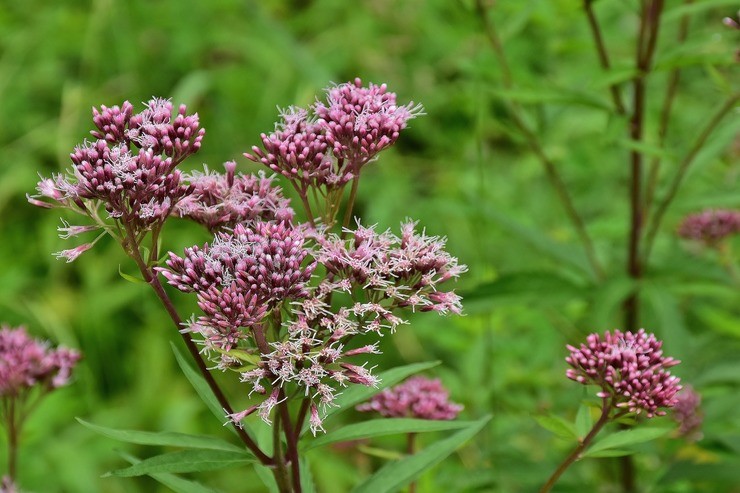
pixabay.com
Gravel root or Joe Pye weed is also known a kidney root because of its long association with kidney health. Gravel root contains euparin. This solvent has potent activity against harmful organisms and may protect against kidney infections. It is alsousedfor UTIs, gout and kidney stones.
However, itcontainshepatotoxic pyrrolizidine alkaloids which may cause liver damage, cancer and birth defects. If you use gravel root, look for “hepatotoxic PA-free” on the label. Otherwise it is considered unsafe.
7. Uva-Ursi
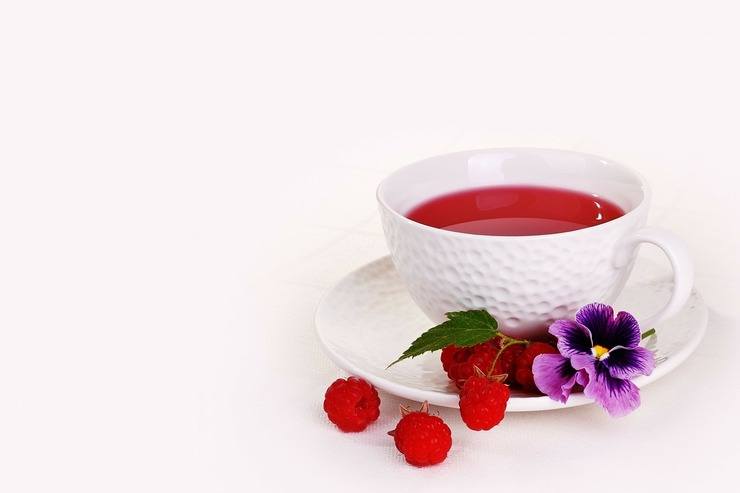
pixabay.com
Uva-ursi or bearberry is an astringent that soothes and tones the urinary tracts and has evidence for cleansing the kidneys. It has been used as a folk cure forinfections. A clinicaltrialin the UK shows that ibuprofen and uva-ursi have alleviated mild, uncomplicated UTIs without use of antibiotics.
Uva-ursi is generally taken as a tea or capsule.Uva ursiis not safe in large doses or long-term.
8. Marshmallow Root
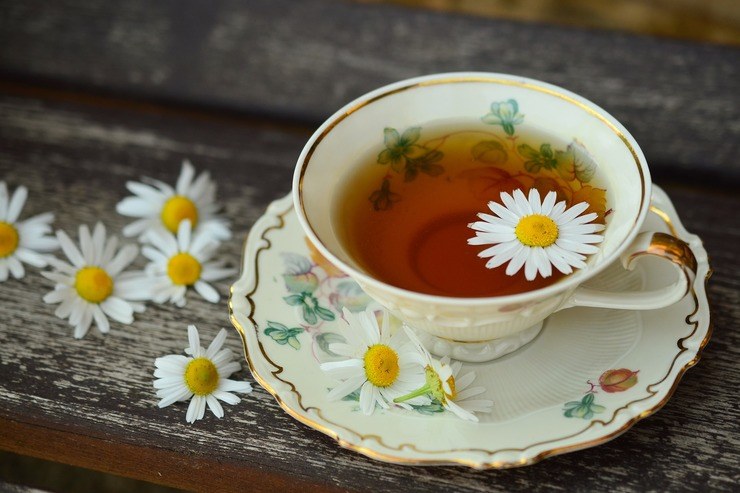
pixabay.com
Marshmallow root is used as a flavoring and may calm urinary tract tissues. It is a gentle diuretic and known to soothe mucus membranes. Marshmallow root appears to have many health benefits and is common in herbal remedies. It also has antibacterial properties and fights inflammation.
If using as a kidney cleanser, a tea is probably the most effective form. Marshmallow root is considered likelysafe.
9. Dandelion Root
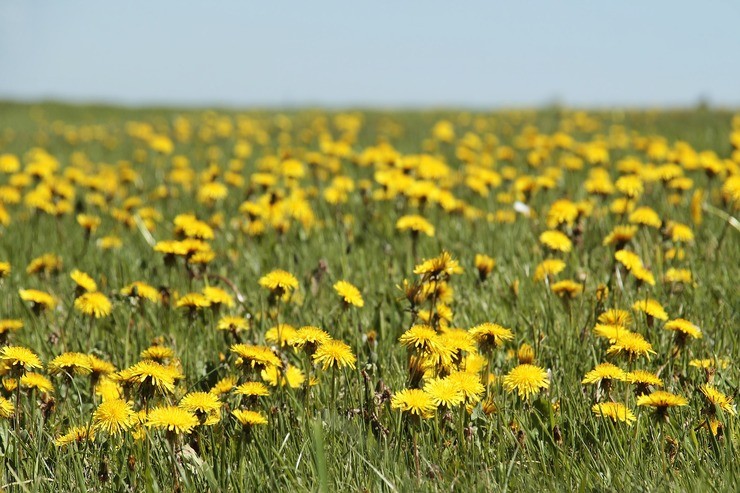
pixabay.com
Dandelionsare nutritious and have some great health benefits. Dandelion root is a diuretic and the entire plant is filled with anti-oxidants that prevent cell damage. As a side benefit, it fights inflammation and helps control blood sugar levels, blood pressure, and reduces cholesterol.
Take as a tea, capsule, or tincture. Dandelion root is consideredsafeas a food and possibly safe in medicinal amounts. If you are allergic to dandelions, ragweed, daisies, chrysanthemums, and marigolds don’t use this kidney cleanser.
Conclusion
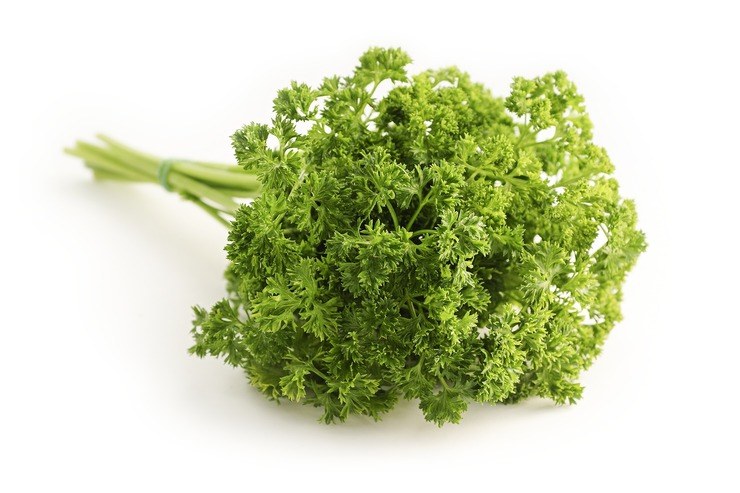
pixabay.com
Advertisements
Here is the freebie herb.Parsleyis not just for garnish. Chew it to freshen the breath and eat it as a diuretic. It is incredibly high in vitamin K. Don’t at parsley when taking blood thinners because of the vitamin K content.
Take these herbs in moderation as some are possibly unsafe in large doses. Some of these, like dandelion, grow in your garden and can be made into a tasty salad as well as a healthy tea. Just don’t spray with pesticides and herbicides first!
The final tip is to drink lots of water while taking any of these herbs so that your kidneys have lots of water to work with.
